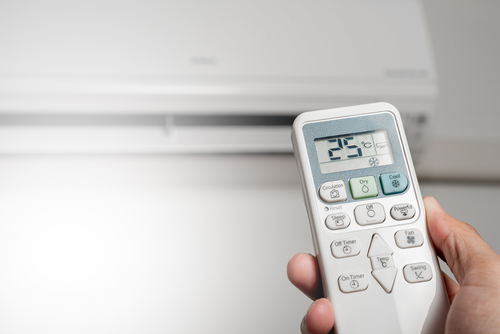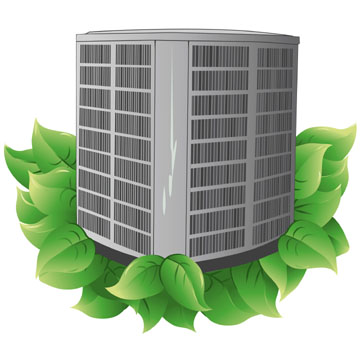Why Do Aircon Have
Water Leaking Problem?
Air-con is not an unfamiliar term
used in Singapore. I would say that
almost 90% of household in Singapore
have an aircon system. Singapore is
a hot and humid country all day
round the year. Air-con in Singapore
had become a necessities rather than
a luxury item. Basically you can
encountered or feel the presence of
air conditioner when you walk into
any shopping malls or restaurants.

However, do you know the actual work
flow of the air-con? Many
Singaporeans complained that their
air-con leak water often and they
have no idea in fixing that problem.
In this article, you can get an idea
of what causes those leakages.
What is the primary function of an
air-con? Its primary function is to
remove any moisture in the air of
your room to provide us a feeling of
coolness. Through this processes,
they produce water. You may wonder
how much water they will produce. I
would say it’s greatly dependable
upon your humidity in your room, how
big is your air-con, your air-con
working efficiency, lastly whether
your air-con was installed properly.
The moisture in your room was sucked
during the process to the cooling
coil and condenses into the air-con
base and flow to the pipe connects
to the back of air-con. Air-con fan
blade will lift some of the water to
cool the heating coil. Those water
normally flow to the back of the
air-con and will usually be
discharged to the ground through the
pipe.

That is how the work flow should be
if your air-con is working
correctly.
1. Installation done incorrectly
Window air-con normally will have
the water leakage problem more than
a wall mounted air-con. Window
air-con must install slightly lower
at the back than the front. Water
was then being discharged from your
room to drain to the rear of your
condenser. Improper installation is
due to the hastiness and to get away
the heat. Water will flow back to
the room if is fix too low at the
front or if is fix too low at the
back, water will leak out at the
front sides before it reaches the
exit near the back piping.
2. Ice forming
De-humidification will usually be
taken place throughout the whole
air-con operation process. When you
see ice forming up, it will meant
that your aircon cooling system is
having problem. Many reasons can
relate for an aircon to form ice.
How to identify whether you air-con
is really forming ice? Take out your
front grille while your air-con is
still running, if your cooling coil
is forming ice, it is confirmed that
you need a professional help in
serving your air-con.
3. Leaking of air around air-con
Air-con will have cooler and dryer
air if warm air is able to
infiltrate into it. Condensation
will take place if these criteria
are met. Always check if there is
any dripping from the air-con unit
or any water droplets are clinging
to your air-con front portion. How
to test? Run your air-con for 25
minutes and use a mini torch to
inspect under your air-con front
side of the base. If you saw tiny
water droplets, this shows that your
air-con is having an air leakage.
4. Trap floor blocked
Back of air-con base normally has a
pipe to connect to a trap floor
which allow condensed vapour to
drain out. If you suspect that the
trap floor is block, I would advise
you to engage a professional to help
you. As the pipe are being trunked
into a casing hence, doing a check
on your own may damage your air-con.
5. Pipe blockage
There pipes behind that air-con
casing that enable water to flow out
from front of air-con to the back.
If those pipes are choked, water
will started to gather and will
cause the leakage. In this
situation, air-con will required a
chemical overhaul.
In summary, it will be wise to
engage a quarterly service on your
air-con units thus to prevent any
other expenses to service and
maintenance your air-con.
About the Author:
AC has been in the aircon industry
in Singapore for a long time. If you
need any advice on Aircon, you can
always find him at
Aircon Singapore:
http://www.airconservicesg.com
|
|

